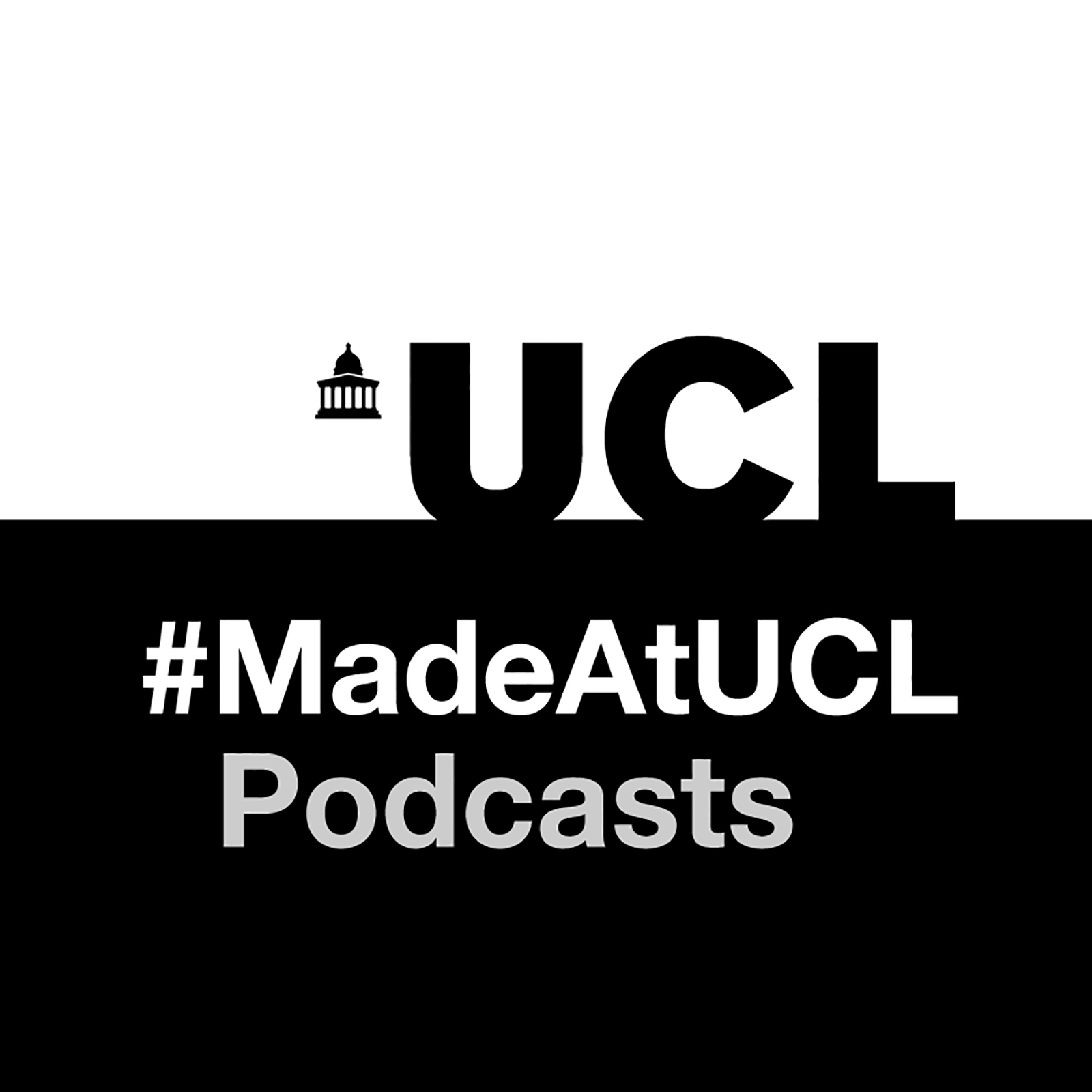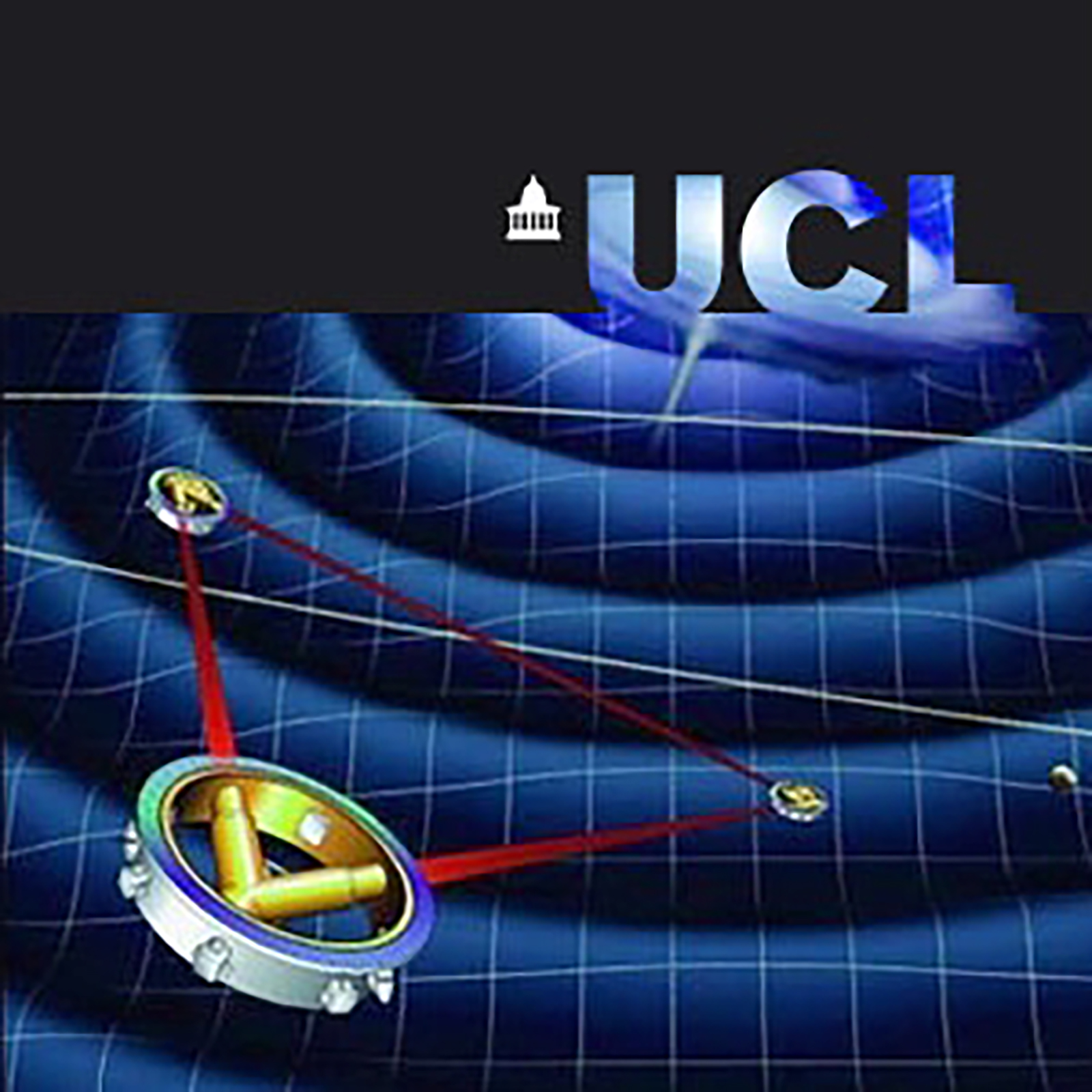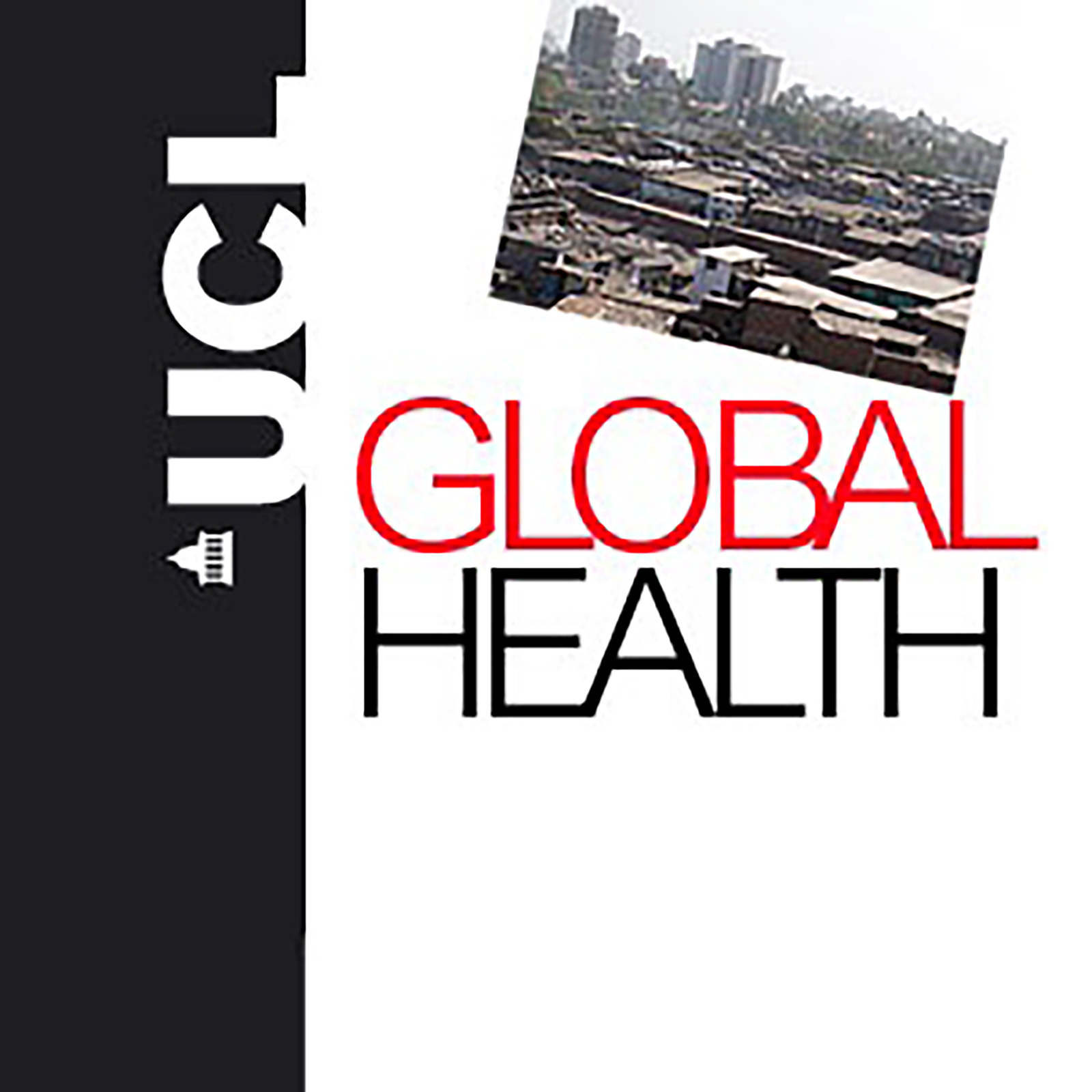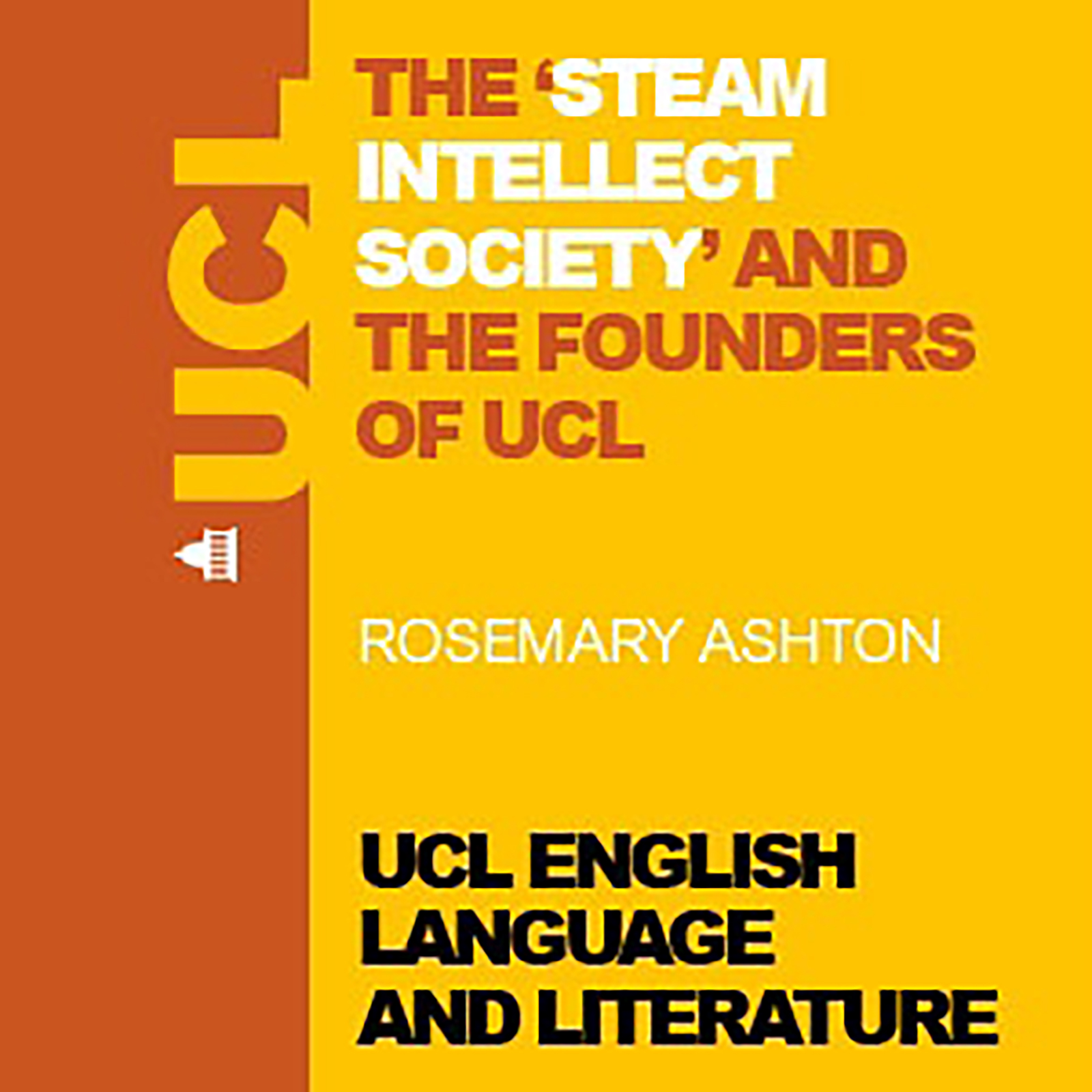UCL
#MadeAtUCL is a new campaign which aims to bring to life UCL’s impact on people, lives and communities, mainly through our ground-breaking research and discoveries. Hear the minds behind the amazing discoveries in this podcast series hosted by recent UCL graduate, Suzie McCarthy.
Find out...
Dr Hans van der Koot(UCL Division of Psychology and Language Sciences) gives a short summary of Professor Noam Chomsky's recent lecture at UCL.
On Monday 10 October, Professor Noam Chomsky (MIT) gave a presentation in the Linguistics Department at UCL about the importance of the study of human...
Lecture by Dr Atul Gawande, 16.30 on Wednesday 27 January 2010. Henry Wellcome Lecture Theatre of the Wellcome Trust, 183 Euston Road NW1 2BE
Highly intelligent adults with Asperger’s Syndrome have difficulties with
day-to-day social interaction. These difficulties have been explained by the
term ‘mindblindness’. This means an inability to explain and predict other
people’s behaviour on the basis of their psychological motives.
The...
UCL Lunch Hour Lectures are open and free to the public and take place on Tuesdays and Thursdays in the Darwin Lecture Theatre, UCL, Gower Street, London WC1E 6BT. They will resume in Autumn 2008. In the meantime, a number are available below.
In a 1939 broadcast, Churchill told his audience: “I cannot forecast to you the action of Russia. It is a riddle wrapped in a mystery inside an enigma.” Communism has long gone but is Russia becoming more transparent? My recent book ‘How Russia Really Works’ presents a new approach to answering...
Professor Roger Ordidge studied physics at the University of Nottingham, and went on to obtain his PhD in 1981 under the supervision of Professor Sir Peter Mansfield. He worked on echo-planar imaging, a high speed imaging technique which helped make Magnetic Resonance Imaging (MRI) possible, and...
In this new series, UCL Future Cities explores the complexity of urban living. We’ll be examining today’s most crucial topics and how technology, climate change, health and society all interconnect with the urban spaces of tomorrow. Listen to cutting edge conversations from experts who ask what...
Professor Sophie Day discusses recent and past research related to migration, sex work and wellbeing with Dr Nick Mai and collaborator Professor Helen Ward.
There are three guest speakers at each UCL Grand Round, the talks span basic science, clinical translation, and population health. These talks are followed by a panel discussion, the audience consists of doctors, researchers, and medical students from UCL and NHS partner trusts in addition to...
The UCL Institute for Global Health Symposium, ‘Global Health Governance: Who is accountable to whom?’, took place on 13 May 2008.
The symposium explored some of the questions of governance underlying the global health agenda, including:
* what is governance and how does it differ from...
Spring 2011 - UCL's Lunch Hour Lecture Series is an opportunity for anyone to sample the exceptional research work taking place at the university, in bite-size chunks. Speakers are drawn from across UCL and lectures frequently showcase new research and recent academic publications. Lunch Hour...
Joel G. Breman, M.D., D.T.P.H., F.I.D.S.A., is Senior Scientific Adviser, Fogarty International Center of the U.S. National Institutes of Health. Dr. Breman's recent research has defined the considerable burden of malaria and development of policies and practices to conquer this disease. He was...
Humans have marvelled at the night sky for thousands of years. Early astrological beliefs state that our destiny is controlled by the stars in some magical way. Humankind seems to need to establish a link with the stars, which appear to be eternal – as we humans would like to be. However, as I...
Spring 2011 - UCL's Lunch Hour Lecture Series is an opportunity for anyone to sample the exceptional research work taking place at the university, in bite-size chunks. Speakers are drawn from across UCL and lectures frequently showcase new research and recent academic publications. Lunch Hour...
The philosopher, jurist and social scientist Jeremy Bentham (1748-1832) is considered UCL's spiritual father, and wrote widely on sex, population growth and wellbeing. Writing around the time of the UK's demographic
transition, this symposium explores Bentham's changing views on population...
Autumn 2009 - UCL's Lunch Hour Lecture Series is an opportunity for anyone to sample the exceptional research work taking place at the university, in bite-size chunks. Speakers are drawn from across UCL and lectures frequently showcase new research and recent academic publications. Lunch Hour...
Professor Michel Kazatchkine, Executive Director of the Global Fund to Fight AIDS, Tuberculosis and Malaria, delivers the 2008 Lancet Lecture at UCL
The UCL Institute for Global Health Symposium, ‘Global Health Governance: Who is accountable to whom?’, took place on 13 May 2008.
Gravitational waves - a prediction of Einstein's General Relativity - are among the most elusive signals incident on the Earth. These signals - ripples in the curvature of space-time - carry information about what is happening deep in the heart of some of the most violent events in the Universe....
In the wake of the Moon landing anniversary celebrations, Professor Smith - himself inspired by the images of Apollo landing on the Moon 40 years ago - describes the UCL Mullard Space Science Laboratory's involvement in MoonLite: a project that will employ the latest technologies, undreamt of 40...
The 2007 Lancet Lecture was given on 9 November by Professor Adenike Grange, Minister of Health for Nigeria, in the UCL Cruciform Lecture Theatre 1.
Speaking about the work being undertaken by the Nigerian government, Professor Grange said: “There is enough in terms of knowledge initiatives,...
Gravitational waves - a prediction of Einstein's General Relativity - are among the most elusive signals incident on the Earth. These signals - ripples in the curvature of space-time - carry information about what is happening deep in the heart of some of the most violent events in the Universe....
Demons is discussed. In this sequel to The Da Vinci Code a bomb using
anti-matter produced at the particle physics laboratory CERN is used to
terrorize the Vatican. The lecture considers questions such as is an
anti-matter bomb viable, how does it compare to conventional nuclear
devices and can...
”The brain has evolved to understand other people. A relatively new area of neuroscience is the investigation of the social brain. Recent research has shed light on how we are able to understand other people’s actions and intentions. Neuroscience has also made important steps towards...
Humans have marvelled at the night sky for thousands of years. Early astrological beliefs state that our destiny is controlled by the stars in some magical way. Humankind seems to need to establish a link with the stars, which appear to be eternal – as we humans would like to be. However, as I...
Humans have marvelled at the night sky for thousands of years. Early astrological beliefs state that our destiny is controlled by the stars in some magical way. Humankind seems to need to establish a link with the stars, which appear to be eternal – as we humans would like to be. However, as I...
Gravitational waves - a prediction of Einstein's General Relativity - are among the most elusive signals incident on the Earth. These signals - ripples in the curvature of space-time - carry information about what is happening deep in the heart of some of the most violent events in the Universe....
Space in the UK' highlights the amazing space science carried out in the
UK. Made mainly with a young audience in mind, it explores, among other
subjects, an imaginary 'Big Brother' spaceship on a journey to Mars. The
film was made with the support of the Science & Technology...
Humans have marvelled at the night sky for thousands of years. Early astrological beliefs state that our destiny is controlled by the stars in some magical way. Humankind seems to need to establish a link with the stars, which appear to be eternal – as we humans would like to be. However, as I...
'Evidence-based policy and practice' tends to assume a direct relationship between the gathering of evidence (through research for example) and the use of that evidence in public policy making. In reality the relationship between evidence and policy is much more complex. On 10th February 2010 our...
Professor Michel Kazatchkine, Executive Director of the Global Fund to Fight AIDS, Tuberculosis and Malaria, delivers the 2008 Lancet Lecture at UCL
Professor Michel Kazatchkine, Executive Director of the Global Fund to Fight AIDS, Tuberculosis and Malaria, delivers the 2008 Lancet Lecture at UCL
IIHS will create India’s first independent National Innovation University focussed on the challenges and opportunities of its urbanisation. Its academic programmes are aimed at building a new profession of urban practitioners, around a set of two dozen disciplines and practice areas central to...
Supported by a grant from the Wellcome Trust to Dr Tilli Tansey and Professor Leslie Iversen, the Wellcome Trust Centre for the History of Medicine at UCL presents a series of podcasts on the history of neuroscience featuring eminent people in the field:
Professor Elizabeth Warrington completed...
”Approximately one person in 20 will suffer from a ‘self-attack’ autoimmune disease during the course of their lifetime. These may vary from diseases that principally affect a single organ – such as diabetes, where the attack is directed towards the pancreas – to diseases in which many organs and...
A simulation of the MoonLITE mission, which UCL is participating in, to fire four missiles into the surface of the moon. The missiles will penetrate the lunar surface to investigate seismic environment and deep structure of the moon.
More than 300 adolescents and young adults die suddenly and unexpectedly each year in the UK. Most of these deaths are caused by inherited forms of heart disease and are potentially preventable. Mass screening programmes are unlikely to be cost-effective, but targeted cardiac evaluation of ‘at...
There are three guest speakers at each UCL Grand Round, the talks span basic science, clinical translation, and population health. These talks are followed by a panel discussion, the audience consists of doctors, researchers, and medical students from UCL and NHS partner trusts in addition to...
The Society for the Diffusion of Useful Knowledge, caricatured as the ‘Steam Intellect Society’ in Thomas Love Peacock’s comic novel ‘Crotchet Castle’ (1831), was founded in 1826 by Henry Brougham and a group of influential Whig and radical friends. Many of the group were involved in establishing...












































